
North Carolina Wildlife Identification Guide
Wildlife Identifier
North Carolina is a state known for its stunning landscapes, from the beautiful Blue Ridge Mountains to the picturesque Outer Banks. It’s not just the scenery, though, that makes North Carolina a fascinating place – it’s the rich diversity of wildlife that calls this state home.
To keep these critters from making a home in your house, A-1 has your guide to identifying North Carolina wildlife, and what to do to keep it out.
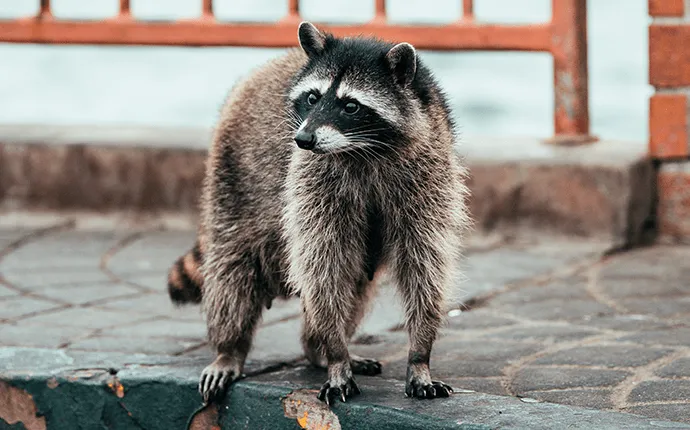
Raccoons
Raccoons are a common sight throughout North Carolina wildlife. These nocturnal mammals are highly adaptable and can be found almost everywhere, from urban areas to forests to wetlands.
Known for their distinctive black mask and bushy, ringed tails, raccoons are opportunistic omnivores. They'll eat just about anything, from insects and fruits to small mammals and even human garbage. While they might be considered pests when they rummage through trash cans, raccoons play an important role in the ecosystem by helping to control insect populations and dispersing seeds.
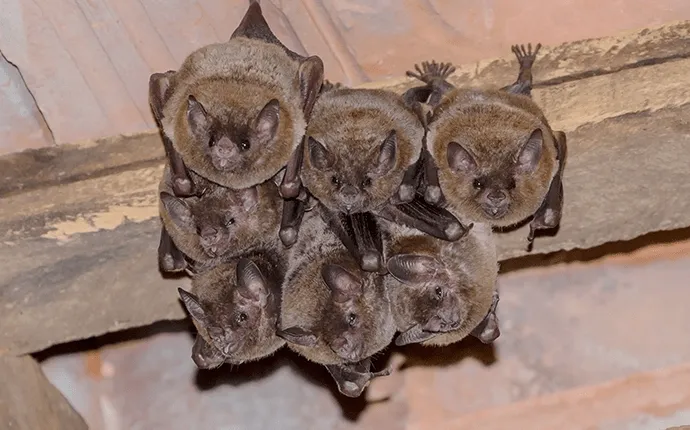
Bats
North Carolina wildlife boasts a diverse bat population, with various species found across the state. Some of the common species found in the state include the Little Brown Bat, Big Brown Bat, and Eastern Red Bat. Many of these bats are insectivores, while some, like the Eastern Red Bat, are known to migrate south for the winter.
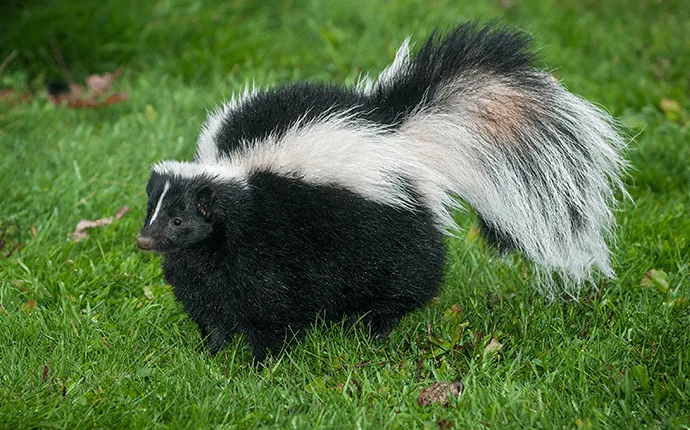
Skunks
Skunks are identified easily by their distinctive black and white coloring and their potent defensive spray. These omnivores feed on a diet of insects, small mammals, plants, and even human leftovers. Skunks are generally nocturnal creatures, and their primary predators include owls, coyotes, and bobcats. While their odor can be a nuisance, skunks are valuable contributors to the ecosystem by helping control insect and rodent populations.
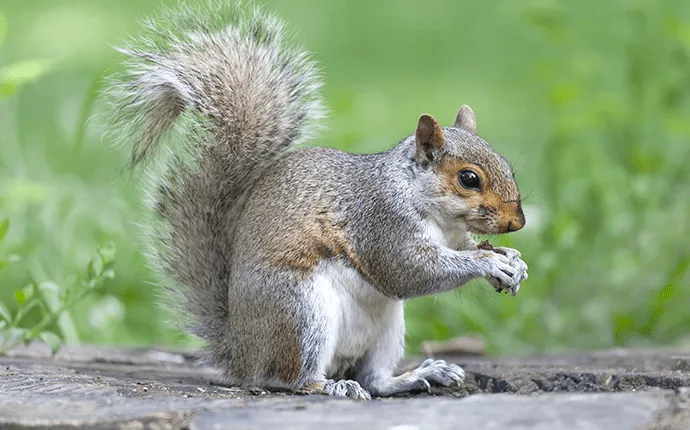
Squirrels
The state of North Carolina is home to several species of squirrels, including the Eastern gray squirrel and the Eastern fox squirrel. These agile rodents are known for their tree-dwelling habits, where they nest and forage for food.
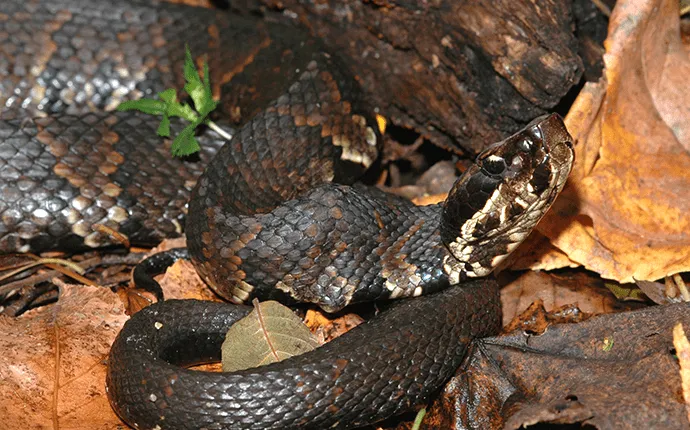
Cotton Mouth Snakes
North Carolina wildlife includes a large variety of snake species, from the non-venomous Eastern Garter Snake to the venomous Eastern Diamondback Rattlesnake.
Many North Carolina snakes are non-venomous and pose no threat to humans, but it's essential to be aware of the venomous species and exercise caution when encountering them in the wild. While snakes play important roles in the ecosystem as both predators and prey, and they help control rodent populations and maintain the balance of local ecosystems, they can be extremely detrimental when they nest in or around a home.
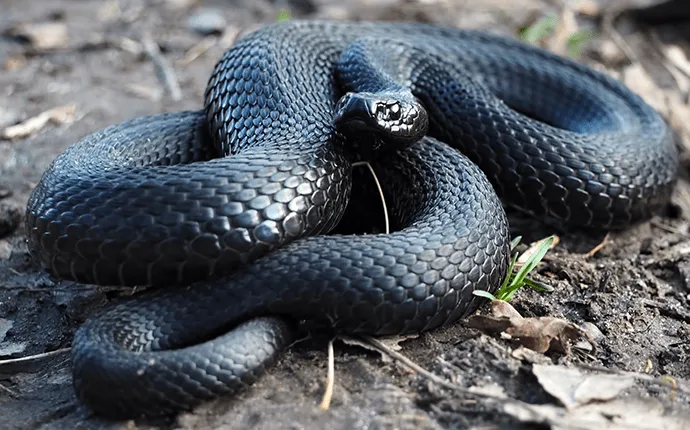
Black Snakes
Black snakes are also referred to as rat snakes (their diet consists mainly of rodents) and grow up to 70 inches in length. This medium-sized snake is black in color and covered in upturned scales. They are not a venomous snake and aren’t known to be aggressive. They are often found on the ground but can be found in trees and really anywhere you might find mice and rats.
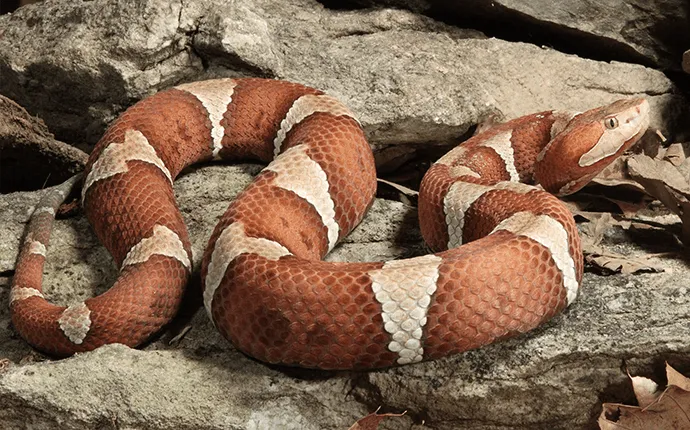
Copperhead Snakes
Another venomous snake, Copperheads have stout bodies and typically grow between two and four feet in length. Colorful snakes, they are patterned with dark bands which create an hourglass-like shape. Like cotton mouth snakes, they are pit vipers and have two heat sensing pits located between their eyes and nostrils. These venomous snakes prefer to live in wooded areas and despite their reputation, they would rather retreat than attack a person. Most bites from venomous copperheads come from an accidental meeting or when people attempt to handle them.
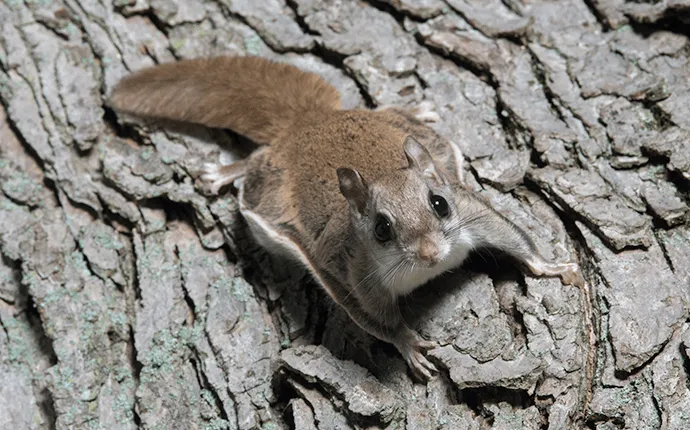
Flying Squirrels
Despite their name flying squirrels do not actually fly, instead they jump and glide confidently from tree to tree, tree to home, or home to home using a specialized membrane that is found between their front and back legs. The most common species among North Carolina wildlife is the Southern flying squirrel. These small tree squirrels have grayish-brown fur and a lighter colored underbelly; their bodies grow to between 5 and 6 inches in length. They also have unique large black eye which provide nocturnal flying squirrels with superior night vision.
What Attracts Wildlife
Whether you live in the heart of the state’s bustling cities or in the quiet suburbs, it’s not uncommon to encounter North Carolina wildlife in your own backyard. And while they might be fascinating and even fun to observe in their natural habitats, it’s best to keep them at bay when it comes to your home, for your safety and that of your family.

Food Sources
The most obvious attractant for wild animals? Food, of course. Here are some of the food sources that most commonly attract North Carolina wildlife:
- Bird Feeders: Hanging bird feeders filled with seeds or nectar can attract a wide variety of animals—beyond just the birds they’re intended for. Squirrels, racoons, and other rodents may get in looking for a snack or two.
- Vegetable Gardens: Gardens with fruits and vegetables might invite wildlife, such as rabbits, deer, and groundhogs, looking for an easy meal.
- Compost Bins: Compost piles can attract small mammals and insects searching for organic matter.
Keep an eye on these potential food sources, and limit access when possible.
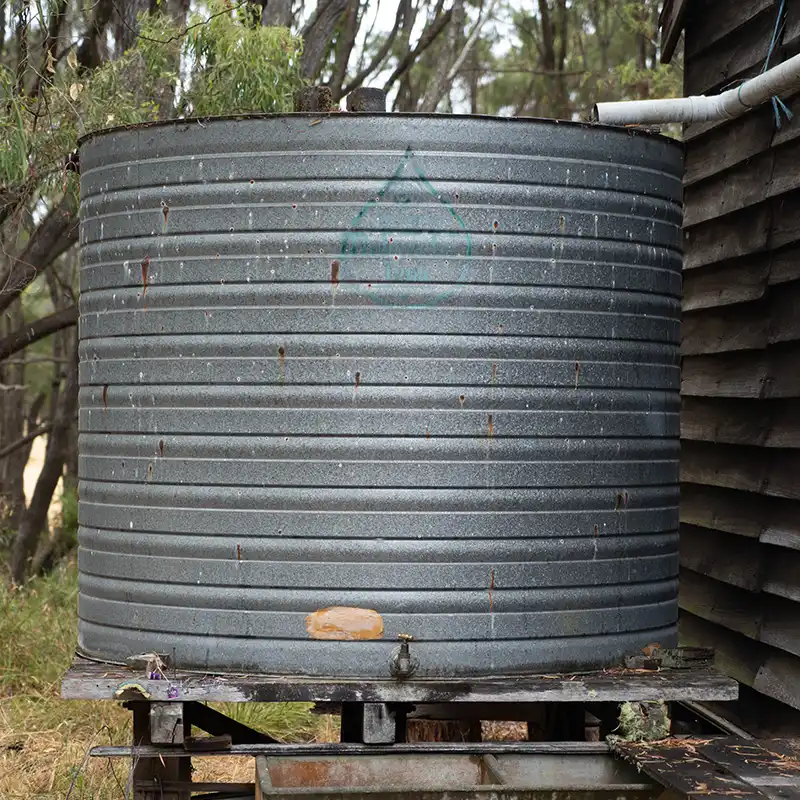
Water Features
Water features can bring the animal kingdom to your front door.
- Ponds and Birdbaths: Small water features can provide drinking and bathing opportunities for birds, amphibians, and other wildlife.
- Rain Barrels: Collecting rainwater can serve as a water source for various creatures, especially during dry spells.
Shelter and Nesting Sites
Shrubs and trees are not just elements of a picturesque landscape; they are the architects of a thriving ecosystem in your own backyard. Trees with natural hollows or dense shrubs for cover can entice and provide shelter for birds, squirrels, and other creatures.


How Wildlife Causes Issues
From health concerns and property damage to the stress and inconvenience it causes, dealing with wild animals in your home can be a formidable task.

Health and Safety Risks
One of the most significant concerns when wildlife enters your home is the potential for health risks. Any North Carolina Wildlife species can carry diseases and parasites that can be transmitted to humans, including rabies, hantavirus, and ticks.
Additionally, wildlife droppings and urine can contain harmful pathogens, which, when inhaled or touched, can pose health hazards.
Some animals may even exhibit aggressive behavior when cornered or frightened, putting human safety at risk when anyone who is not a professional attempts to remove them.

Property Damage
Wild animals can inflict substantial damage to your property. Rats and mice can gnaw on electrical wiring and wooden structures, potentially causing fires or structural issues.
Squirrels, raccoons, and other wildlife may tear up insulation, chew through walls, and scratch or soil surfaces, leading to costly repairs.
Birds and bats can create nests in attics or chimneys, clogging vents and causing ventilation problems.

Noise Disturbances
Wild animals that infiltrate your home can create disruptive noises that affect your peace and quality of life. Animals such as raccoons, squirrels, and birds may scurry, chirp, or scratch at odd hours of the day or night, leading to restless nights and heightened stress levels.

Allergies
Wildlife infestations can trigger allergies and respiratory problems. Animal dander, feces, and hair can exacerbate allergies, particularly in individuals with preexisting sensitivities.
The presence of wildlife can also encourage mold growth, which can make respiratory issues worse
Wildlife Identification FAQ
Are wildlife dangerous?
All North Carolina wildlife have the potential to be dangerous. They have the ability to carry and transmit bacteria and disease, including rabies, hantavirus pulmonary syndrome (a respiratory disease caused by exposure to fresh urine, droppings, or saliva of infected rodents), and histoplasmosis (a lung infection caused by inhaling fungus spores often found in bat droppings). Venomous snake bites also are a serious health risk and can produce symptoms such as intense pain, swelling, nausea, and damage to muscle and bone tissue. If bit by a venomous snake, medical attention should be sought immediately.
In addition to the health risks, wild animals damage homes and buildings including drywall, insulation, and other building materials. They’ll also destroy belongings.
How do wildlife get in?
Wild animals are opportunistic; they’ll use any opening or make their own to get in. Here are few of the more common entry points for North Carolina wildlife in our region:
- Through chimneys that are not capped.
- Through gaps and holes found around the roofline.
- Through vents that are not properly covered.
- Through opening in the foundation or crawl spaces found underneath of decks, porches, or steps.
- Through shed, garage, or basement doors that are open for long periods of time.
Also, if a space is not quite big enough for a wild animal to squeeze through they will often use their claws and teeth to open up the space to make a more comfortable entrance and exit.
What to do if you think you have a wildlife problem
If you have reason to think your home or business has been invaded by wildlife, contact a North Carolina wildlife control expert right away. Do not attempt to resolve the problem on your own. Wild animals are unpredictable and may become aggressive if cornered or threatened. At A-1 Pest Control, we offer comprehensive North Carolina wildlife control for bats, snakes, raccoons, and other animals common to our area.
How do you get rid of wildlife?
To successfully remove unwanted dangerous and damaging wildlife, A-1 Pest Control provides North Carolina property owners with a comprehensive solution including a consultation, thorough inspection, and treatment. Service is based on the type of wildlife problem and will be explained in depth to ensure you understand the process. Give us a call or simply fill out our form for more information.
How do you prevent wildlife from entering?
To keep North Carolina wildlife out of your structure, you must make sure they cannot get inside in the first place. You should also correct the conditions that attract them. Sealing openings, repairing holes, and capping chimneys are good prevention measures as are implementing proper sanitation efforts, removing potential food sources, and filling in holes around foundations, sheds, and decks. We also recommend trimming trees back from the side of the house or roofline.
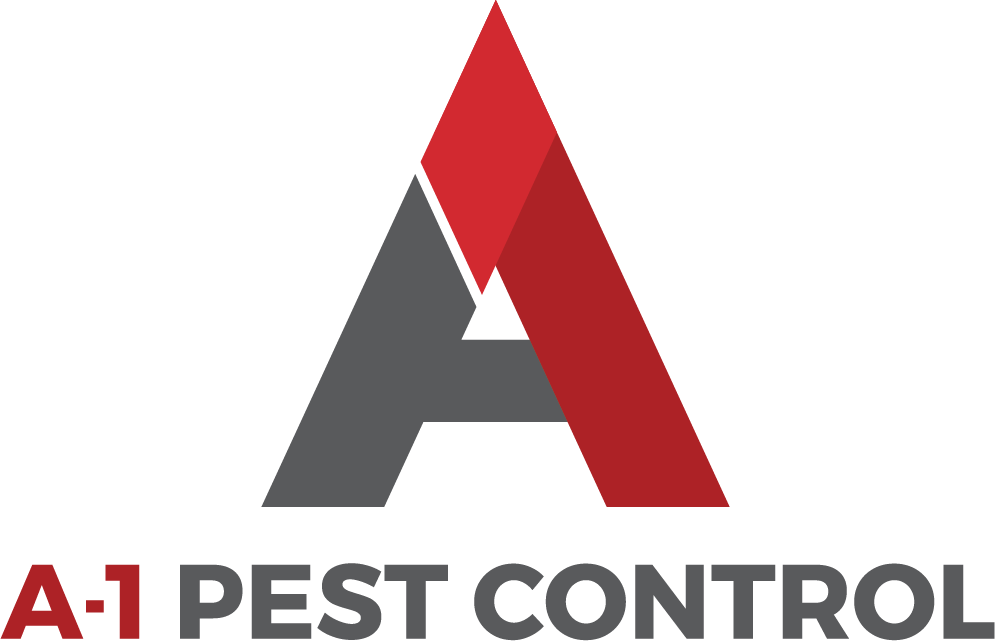
About A-1 Wildlife Control
Whether it’s mice in your walls or bats in the attic, timely and expert action is crucial to remove any North Carolina wildlife from your home, and any risks that might come with them.
If you find yourself facing such a situation, it’s best to seek professional help from North Carolina wildlife removal experts who can safely and responsibly address the issue, ensuring both your well-being and the welfare of the animals involved. If you’re looking for pest control in North Carolina, we have you covered at A-1 Pest Services.
For over half a century, our family-owned and operated business has been dedicated to serving our local community. We offer comprehensive pest control solutions, including wildlife removal. Our unwavering commitment to delivering top-notch service, along with our ongoing dedication to staying informed and up-to-date, has distinguished us over the years. Our services extend to Lenoir, Mooresville, Hickory, Blowing Rock, West Jefferson, and the neighboring areas in North Carolina.

